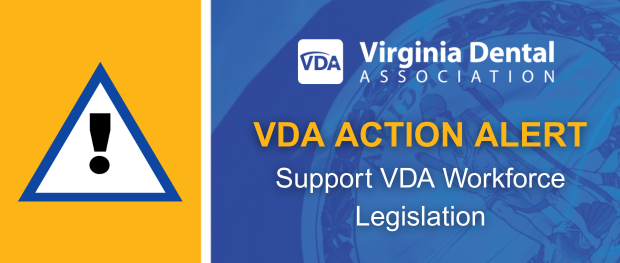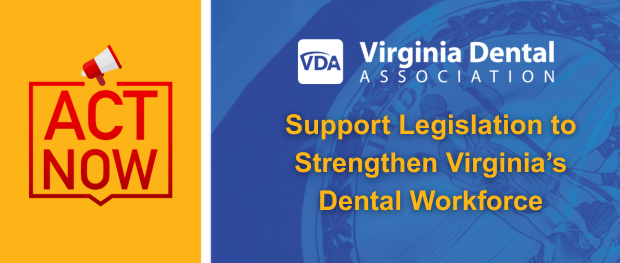Firewall
For my entire career, the insurance industry has been the archenemy of our profession. Since 1945 insurers have enjoyed an exemption to antitrust laws unlike any other industry or business. Following a 1944 US Supreme Court decision that said insurance companies were engaged in interstate commerce, and thereby subject to federal antitrust laws, Congress acted quickly and passed legislation introduced by Senators Pat McCarran of Nevada and Homer Ferguson of Michigan. The McCarran-Ferguson act exempts the business of insurance from most federal regulation, to include antitrust laws to a limited extent. Ostensibly, the legislation was promoted as a way to continue states’ regulation of insurance companies. McCarran-Ferguson does not preclude state regulation, but also does not require it. If a state merely has the ability to regulate insurance, but chooses not to do so, the parameters of the 1945 federal legislation are met.1
What has this meant to practicing dentists? In brief, insurance carriers can collectively determine fees and premiums, and exchange data on payouts and claim history. If dentists were to discuss fees and reimbursements in any group setting, it’s considered a violation of federal antitrust law. It’s not hard to imagine who has the upper hand in this scenario. For nearly 75 years McCarran-Ferguson has survived numerous attempts at repeal, replacement, or modification, to the delight of third-party payers. For example, as recently as 2017, the US House of Representatives passed HR 372 (introduced by Rep. Paul Gosar, an ADA member from Arizona) by a vote of 416-7. The bill sought to repeal the antitrust exemption for health insurers, leaving other exemptions in place.2 Despite overwhelming approval in the House, the bill failed to advance in the Senate.
Dental insurance companies have taken full advantage of the firewall McCarran-Ferguson creates between themselves and dental patients. The list of abuses is endless: denials for no reason; repeated requests for documentation; libelous letters to our patients stating we overcharge, perform unnecessary procedures, and practice outside the norms for dentists in our community; demands (perhaps illegal) for postoperative radiographs that prove a procedure has been completed; and “disallowed” procedures which forbid us to charge a patient for a procedure the carrier has denied. I’m sure each of us can cite multiple examples of egregious interference in the doctor-patient relationship.
The senators from Nevada and Michigan probably never envisioned such overreach on the part of health insurers when they proposed their legislation in 1945. But the pattern of abuse that the law has spawned requires the dental profession to initiate both legislation and regulatory reform to protect doctors and the patients they serve. In the early 2000s dental insurers, not being content to set fees for covered procedures, expanded their reach and began to tell dentists what they could charge for “non-covered” services. For example, tooth whitening and dental implants, procedures not covered by most plans, were now fixed at a reimbursement level barely covering laboratory costs. Although the plans made no payments for non-covered services, this new wrinkle was promoted as a benefit to employers and patients. The VDA, and many other state associations, sought legislation to curb this practice, and in 2010 was successful when both the Virginia House and Senate passed the bill by veto-proof margins.3 (The insurance industry asked Governor Bob McDonnell to veto the legislation, which he declined to do.)
Still smarting from defeat in the state legislature, soon afterwards insurers applied the “5% solution” in an attempt to skirt the prohibition on setting fees for non-covered services. Carriers could determine a fee by merely listing a procedure as covered at some nominal figure, such a 5% or 3%. This in turn required another (successful) legislative effort on the part of the VDA to outlaw this practice. However, if a plan is “self-funded” and the insurance company only acts as administrator, this tactic cannot be prohibited. Just this year VDA members convened at the Pocahontas Building to urge their legislators to ban the use of “silent PPOs” whereby plan participants could be assigned to another insurance carrier without their, or their doctor’s, knowledge. House Bill 1682 passed both houses of the legislature unanimously. Now signed by the Governor, the law will become effective on July 1, 20194.
I hope I’m not alone in seeing a pattern here. The insurance industry, indemnified by the McCarran-Ferguson Act, engages in anticompetitive behavior and dares us to have it declared unlawful. One can only imagine what their next salvo will be. Again this year, with Rep. Gosar as one of the sponsors, bipartisan legislation (HR 1418, S 350)has been introduced in Congress to repeal the antitrust exemption for health care insurance. As ADA President, Dr. Jeffrey M. Cole, states “It is unthinkable that the health insurance industry has been permitted to avoid accountability for so long under the laws and standards that govern other aspects of American business.”5 Apologists for the insurance industry say repeal will do little to reduce health care costs and will wreak havoc on the marketplace. Their spokespersons even go so far as to say this repeal effort is nothing more than a backdoor attempt to undermine the Affordable Care Act. Patients and their doctors have suffered for almost seventy-five years. Relief is long overdue.
The language of the McCarran-Ferguson Act explicitly prohibits “…coercion and intimidation.” If you’ve never felt coerced or intimidated by an insurance company, please write me. Lest there be litigation, I’d like to say that the views expressed herein are my own, and not those of the VDA or the American Dental Association. And, I would never suggest that another dentist not participate in any or all insurance plans. Both I and my fellow dentists don’t enjoy the exemption to antitrust laws possessed by health care insurers.









